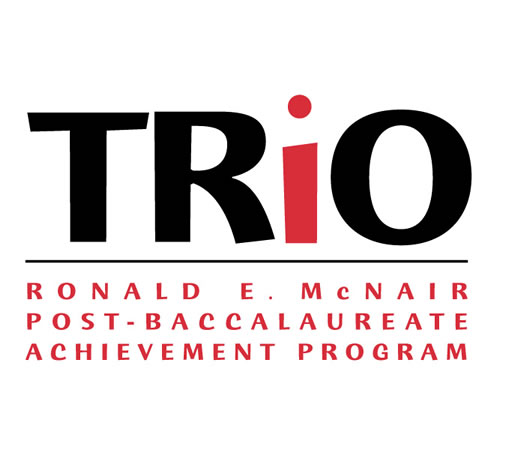Document Type
Poster
Publication Date
2015
Publisher
University of Nevada, Las Vegas; Center for Academic Enrichment and Outreach
Publisher Location
Las Vegas (Nev.)
Abstract
Clostridium difficile infections (CDI) are the leading nosocomial infections worldwide. Humans are asymptomatic carriers of C. difficile spores in the intestinal tract. The process known as germination occurs when otherwise harmless C. difficile spores are converted to toxin-producing cells upon recognition of bile salts in humans. This distinctive transition ultimately leads to the onset of disease and recurrent CDI. Germination profiles will be characterized in response to peptidoglycan (PG) fragments isolated from various bacterial species. These specific peptidoglycan fragments contain different amino acid residues that may induce different germination responses. Purification and structural determination of the peptidoglycan fragments will be carried out by HPLC-MS. In this study, C. difficile germination will be tested against exhausted media containing cellular debris, as well as with solutions obtained from post-germination assays. This will reveal if germination of C. difficile induces other spores to germinate as well. If it is shown that there are alternant germinants of C. difficile, further characterization and modeling of C. difficile can be made, and further inhibitors can be tested to ensure complete inactivation of spores, ultimately preventing CDI.
Keywords
Clostridium difficile Infections; Germination
Disciplines
Biochemistry | Pathogenic Microbiology
File Format
File Size
2.608 KB
Language
English
Rights
IN COPYRIGHT. For more information about this rights statement, please visit http://rightsstatements.org/vocab/InC/1.0/
Repository Citation
Tanzey, S.,
Abel-Santos, E.
(2015).
Alternate Germinants of C. Difficile, a Leading Hospital Pathogen.
Available at:
https://digitalscholarship.unlv.edu/mcnair_posters/73
